FAQ
How do I obtain funding for something?
The first step is to contact our office and let us know that you are interested in obtaining funding for the specific project and ask for a Conservation Plan. Conservation Plans tell you and our office what types of conservation projects need to be completed on your farm on land. You are not required to complete everything in the plan, but it lets you know all the practices that could benefit your farm or property. It also lets you and our office know if you have a need for the thing you are requesting or if there is something that would work better. We can’t help you get funding without the Conservation Plan. But once you have one we can start looking at funding sources for which you may be qualified.
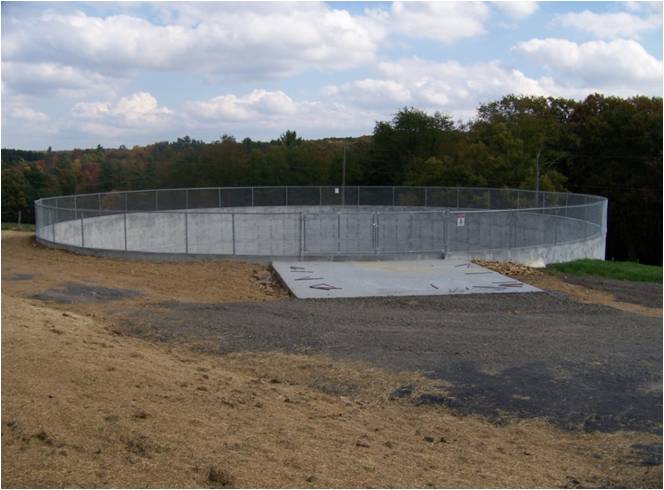
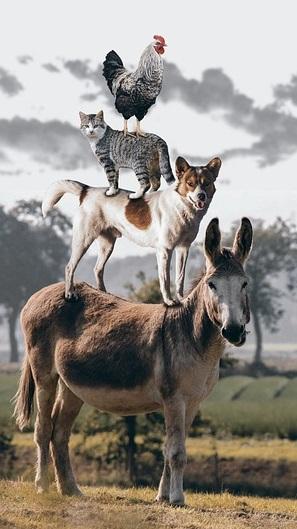
Why do I need a Nutrient Management Plan?
The law requires that most farms have a nutrient management plan. If you are exempt, then there is also a process to obtain an exemption. Neither the State nor Federal government will give money to farms that are not in compliance with the law.
What is an Animal Unit?
One animal unit is a 1000 lbs of animal weight. It would probably take only 8 full-sized cows to equal 8 animal units but it would take 2000 chickens. For some forms of funding, like MACS or CREP, a farm must have at least 8 animal units to qualify. But not all funding requires there to be animals on the farm.
What is cost-share?
Cost-share means you and the government share the funding. Many of our programs are cost-share programs. That means the government pays part through a grant and you pay part. Some cost-shares are 50/50, but others can be 80% grant and 20% you, or 90% grant and 10% you.
Will I get funded if I apply?
Applying does not guarantee funding. There are different requirements for different programs. You’ll need to meet all the eligibility requirements for the program for which you are applying, and you’ll need to submit all the documents requested. There are 3 types of funding outcomes:
- MACS and CREP – If you qualify, you can get funding if you complete everything and can pay the cost-share. It does take time to be funded though. Geared toward livestock farms. To receive funding you must have at least 8 animal units. You can apply for a special exemption if you are completing a project that has to be finished before purchasing the animals, but you won’t get paid until the animals are there.
- EQIP and TEAM EQIP – Only so much is allotted for the county per year, so not everyone gets funded. Applications are ranked. There will be a large amount of funding coming, so do not wait to apply.
- MDA Cover Crop and Manure Transport – You must sign up during the enrollment period each year. If you qualify and complete everything, you will be funded.

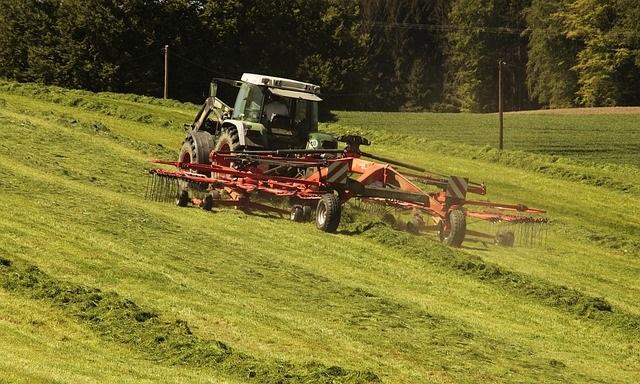
Do I have to own the property that I am farming to get funding?
Not necessarily. There are programs that provide funding to farmers that work the land even if someone else owns it. Each program has its own guidelines. Often the owner will have to approve the application, particularly if it involves a structure placed on the land.
Do I have to pay for the cost of the structure first and be reimbursed or do I get the money before I build?
That depends upon the program. Be sure to ask that question of our staff when you apply for funding for a particular practice.
If you are considered to be Historically Underserved or low income there are some programs that will allow you to be paid first.
How long will it take for me to get approved for a particular project?
That is an impossible question for us to answer here. It depends on the project and the funding source. Some projects are funded less than a year from application, others take years. Some are not funded at all. Staff members can tell you more once you have your Conservation Plan and you are looking at funding for a particular practice.
Will I be fined if I don’t do everything on the Conservation Plan?
Definitely, not by our office. We are not a regulating body, and we have no desire to “report” you to anyone. We’re only interested in helping you conserve your land if you want to conserve it. The Conservation Plan is for you to know about practices and structures that will help your farm. Conservation Plans often outline things that we have grant programs to cover. So, for instance, if we tell you it would help you to have a waste storage structure, we can also tell you about funding sources and if they could potentially help you pay for it.
However, there are some governmental groups that would fine you for having a conservation problem on your land that you are not in the process of fixing. We don’t report anything we find on your farm to those agencies, but they often send out representatives to check farms, and if they catch you; you may need to fix the problem without funding help and pay a fine too.
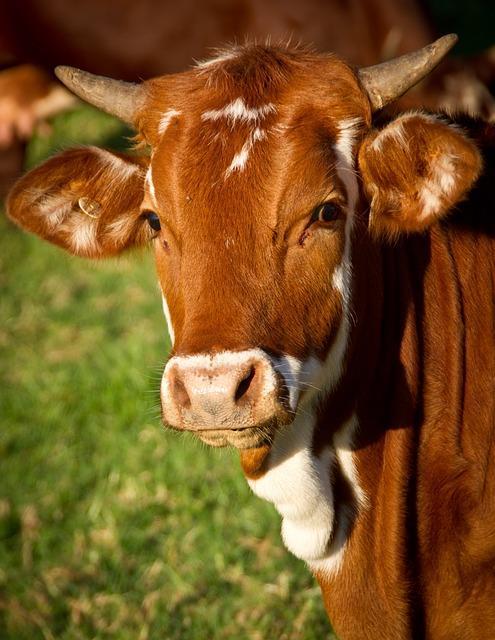
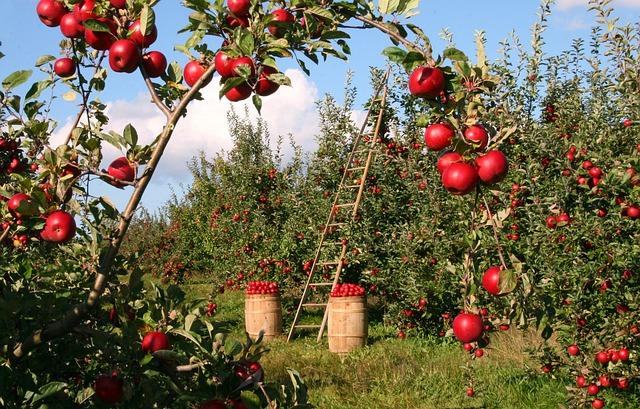
If I accept funding will the government be able to control, or take, my land?
There are a lot of these rumors out there, and it makes us sad, because farmers who could have funding for things they need are sometimes afraid to apply. These rumors are not true. Grant funding does not have to be repaid, and it does not give the government any type of lien on your property.
Some of the rumors have stemmed from the MALPF program. The MALPF (also known as Land Preservation) program buys the development rights of property so that it can never be used for anything but agricultural purposes. Landowners are fully aware that they are selling their development rights when they sign the contract and accept the payment. Generally farmers enter into MALPF because they do not ever want their land to be used for anything but agriculture. So, sometimes the negativity about the program actually comes from developers that are unhappy that they cannot buy a particular large parcel.
We don’t deal with MALPF in our office, but we do assist with the FSA program CREP, which pays rental payments for land for a certain period of time. However, most of the funding we work with in our office does not place any stipulations on the use of your land.
Why would the Soil Conservation District want to help me pay for things on my farm?
Back when the Soil Conservation District was created, it was determined that the best way to go about conserving the soil and water was to become a partner to the landowner. We believe farmers and landowners want to conserve their land. What is stopping them is often expertise and funding. So, that’s what we provide. If someone doesn’t have the resources to do something, it makes no sense to levy fines if it is not done. That does nothing. We consider ourselves a friend to the farmer and landowner, and we work hard to help our local farmers and landowners obtain as much funding as possible to complete conservation practices on their land. It’s your land. We have no desire to tell you how to use it. But if you want to protect your soil and water, we can give you advice and maybe help you obtain funding, if you qualify, for practices and structures that you need to conserve your soil and water.
Can I get my field tiled?
The State no longer provides grants for the tiling of fields because it encourages the retention of wetlands. However, if you have a field that has been tiled previously, and it is in need of repair, there are some other practices that can be done. A pipe can be run above the tile that will collect the water and move it away from the surface. Although there is some funding for this, it is more difficult to obtain. Please contact our office for more information but be aware that this may be a practice you will have to complete yourself.
